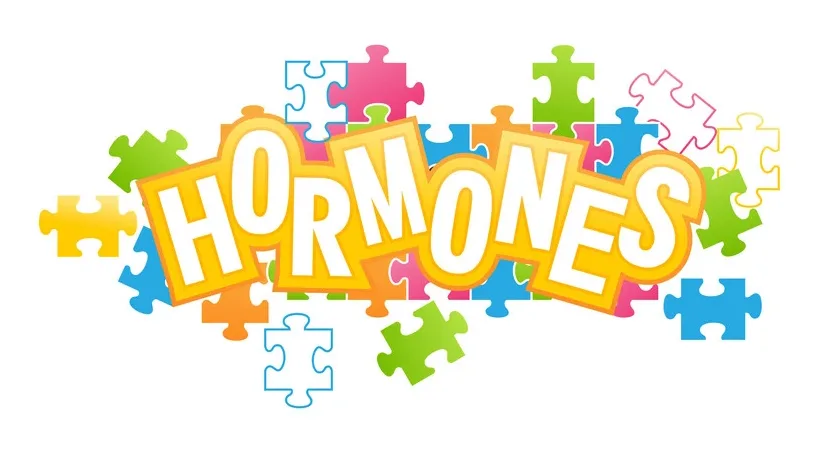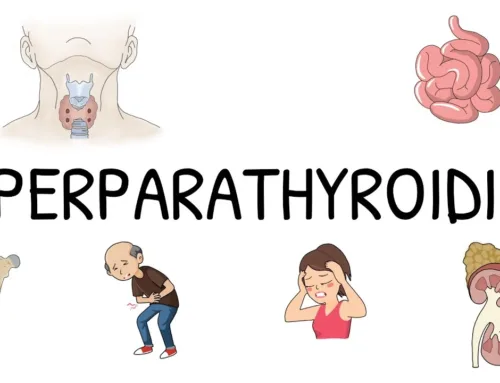If you’ve ever thought about taking extra growth hormone or have done so without medical supervision, you should know what could happen. Some people need extra growth hormone because they don’t produce naturally enough. But for other people, taking too much growth hormone over time can cause problems — even though the medicine itself might seem harmless at first.

Taking extra growth hormones throughout your life can cause your organs to grow out of proportion to the rest of your body.
Growth hormone is a natural hormone that helps the body grow. In adults, it’s produced by the pituitary gland in the brain and released into the bloodstream. The hypothalamus controls the pituitary gland in your brain. Taking too much growth hormone throughout your life can cause your organs to grow out of proportion to the rest of your body.
Growth hormones treat children with growth problems caused by tumors or genetic disorders that make their bodies produce too little growth hormones (i.e., dwarfism). They’re also used as a treatment for some types of dwarfism in adults and children over age 13 who aren’t candidates for surgery but need treatment anyway because they’re still growing at an abnormally slow rate—or not growing at all—due to insufficient production of growth hormones themselves or from tumors blocking normal functioning.
Some known risks include increased cancer risk, joint and muscle pain, diabetes, and high blood pressure.
- Increased cancer risk: Some known risks include increased cancer risk, joint and muscle pain, diabetes, and high blood pressure.
- Joint and muscle pain: Growth hormone therapy has been associated with joint and muscle pain and growth plate injuries in children with Prader-Willi syndrome or other genetic disorders that cause insatiable hunger. These problems can be minimized by using low doses during childhood to avoid long-term damage to the bones’ growth plates while growing rapidly and by not using the hormone after puberty.
- Diabetes: Growth hormones may increase the risk of diabetes, particularly in adults with a family history of diabetes. This is often seen in children who take growth hormones for Prader-Willi syndrome and other genetic disorders that cause insatiable hunger.
- High blood pressure: Growth hormone therapy has been associated with an increased risk of high blood pressure, particularly if it’s given during adolescence or early adulthood.
The medicines used to treat growth hormone excess are not benign.
The medicines used to treat growth hormone excess are not benign. They can cause unpleasant side effects, which you should know before taking any medication.
Side effects of drugs for acromegaly include:
- Headaches and dizziness
- High blood pressure (hypertension)
- Weight gain around your waist (central obesity)
- Sleep apnea (when you stop breathing during sleep) or snoring due to an enlarged tongue or soft palate that obstructs the back of your throat
- Excessive sweating and heat intolerance High levels of uric acid in your blood (hyperuricemia), which can cause gout or kidney stones
Some people who receive excessive growth hormones as children may have problems with vision and jaw size.
Some people who receive excessive growth hormones as children may have problems with vision and jaw size. This is more common in children who receive higher doses of growth hormone. It is possible to have surgery to correct the problem, but eye problems can be permanent.
Growth hormone therapy can cause diabetes and high blood pressure. Both of these conditions can be managed with medication, but it is important to know their possible side effects.
Just because medicine helps you doesn’t mean more will help you more.
When your body takes a drug, it tries to get rid of it. This is called elimination. The body can only handle so much of the drug at once, and it needs to get rid of the rest before more can be taken. It’s like filling up a bucket with water—the more water you put in, the faster it drains out.
So if you take more growth hormones than your body wants, it will try to get rid of them faster because it doesn’t want too much extra stuff hanging around there!
Conclusion
You can take growth hormones to help you feel better and look younger. But be aware of this medication’s potential risks and side effects. In the end, it’s your choice.




Leave A Comment